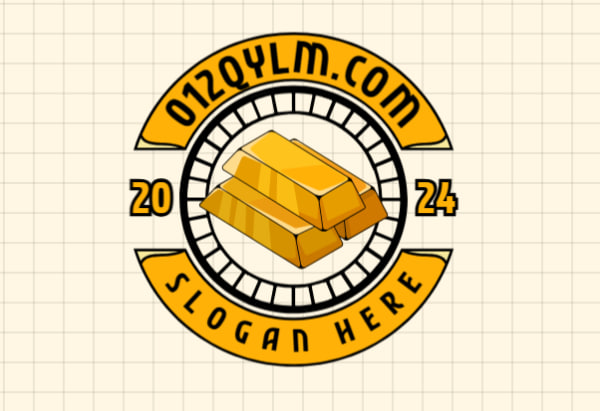International Gold Markets
Gold has been a valuable commodity throughout history, and its allure continues to captivate investors and collectors alike. Today, the international gold market is a complex system that encompasses various stakeholders, including miners, refiners, jewelers, central banks, and private investors.
Structure of the Market
The international gold market is primarily over-the-counter (OTC), meaning transactions occur directly between two parties without the involvement of an intermediary platform. The London Bullion Market Association (LBMA) is the leading global marketplace for physical gold, setting the benchmark prices for gold that are used worldwide.
Participants in the Market
* Miners: Companies that extract gold from the earth through mining operations.
* Refiners: Businesses that process raw gold into pure bullion bars and coins.
* Jewelers: Manufacturers and retailers of gold jewelry, such as rings, necklaces, and earrings.
* Central Banks: Government institutions that hold gold reserves as part of their foreign exchange reserves.
* Private Investors: Individuals who invest in gold through various channels, including physical gold, gold ETFs, and gold futures.
Factors Influencing Gold Prices
The price of gold is determined by a multitude of factors, including:
* Economic Conditions: Gold is often seen as a safe haven asset during times of economic uncertainty, leading to increased demand and higher prices.
* Inflation Expectations: Gold is a traditional hedge against inflation, as it tends to rise in value when the purchasing power of fiat currencies declines.
* Jewelry Demand: Gold is widely used in jewelry making, and fluctuations in jewelry demand can impact prices.
* Central Bank Purchases: Central banks are significant buyers of gold, and their purchasing decisions can influence the market.
* Supply and Demand Dynamics: The availability of gold from mining operations and the level of demand from various sectors determine supply and demand equilibrium.
Investment Options
Investors can participate in the international gold market through various investment options, such as:

* Physical Gold: Purchasing physical gold bullion bars or coins.
* Gold ETFs: Exchange-traded funds that track the price of gold and allow investors to gain exposure without owning the physical asset.
* Gold Futures: Contracts that obligate the buyer to purchase or the seller to deliver a specified quantity of gold at a predetermined price and date.
* Gold Mining Stocks: Shares of companies involved in gold mining and refining.
Challenges and Opportunities
The international gold market faces certain challenges, including:
* Counterfeiting: The prevalence of counterfeit gold products can undermine trust in the market.
* Market Manipulation: Concerns about manipulation and price fixing have emerged in the past.
* Environmental Concerns: Gold mining can have significant environmental impacts, leading to increased scrutiny and regulation.
Despite these challenges, the international gold market presents opportunities for investors seeking diversification, inflation protection, and a safe haven asset. The enduring allure of gold and its intrinsic value continue to make it a compelling investment option.
原创文章,作者:Kevin,如若转载,请注明出处:https://fangeou.com/2195.html
